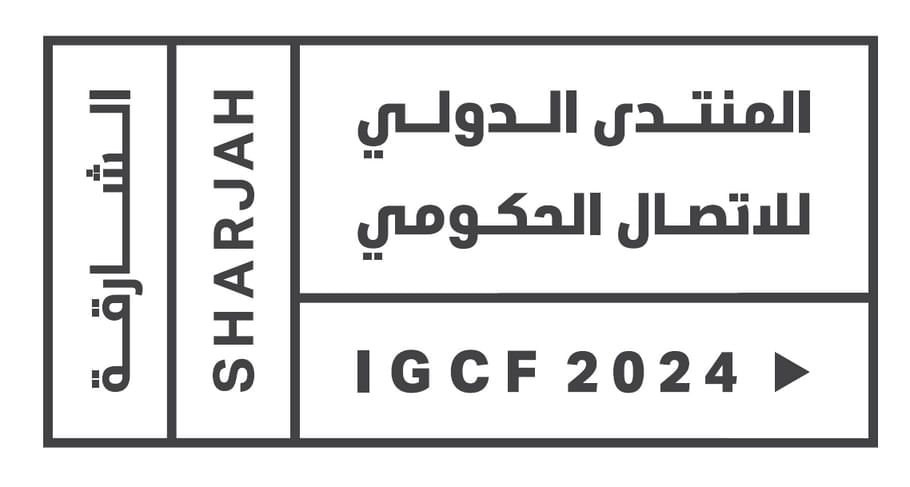Table Of Contents
The International Government Communication Forum recently highlighted the transformative role of artificial intelligence (AI) in enhancing communication strategies within governments worldwide. As nations increasingly adopt the concept of flexible governance, leveraging technological solutions becomes paramount. This forum, hosted by the Sharjah Government Media Bureau, delved into how AI is reshaping the dynamics between content creators and audiences, thereby revolutionizing the field of governmental communication.
AI: Enhancing Communication Mechanisms
Artificial intelligence is rapidly becoming a cornerstone in the development of effective communication strategies. According to Hussain Mohammed Al Mahmoudi, CEO of the Sharjah Research, Technology, and Innovation Park, AI assists in content creation, content comparison, and news formulation and dissemination. Advanced algorithms play a crucial role in optimizing communication processes and fostering interaction between government sectors and the public. This technological evolution is pivotal in addressing the challenges posed by the initial stages of AI development.
However, while AI offers numerous benefits, it also presents significant challenges. Despite its capabilities, AI lacks emotional intelligence and cultural sensitivity, making it difficult to accurately convey certain cultural or emotional nuances. This highlights the need for continual improvement and development to align AI more closely with diverse cultural contexts.
Innovative Communication in Flexible Governments
As governments worldwide move towards adopting flexible governance models, innovative communication becomes essential. Forums like the International Government Communication Forum focus on exploring the potential of AI in overcoming challenges and advancing the field. AI enhances customer experiences through applications like chatbots and automated support systems, offering immediate assistance and improving overall satisfaction.
Furthermore, AI significantly advances translation capabilities across multiple languages. Machine translation technologies, such as Google Translate and DeepL, utilize deep neural networks to accurately translate texts, facilitating communication among individuals from diverse linguistic and cultural backgrounds.
AI in Institutional Communications and Data Analysis
AI also plays a pivotal role in improving institutional communication within the workplace. By utilizing smart collaboration tools, such as AI-based project management systems, organizations can predict potential issues, provide performance analytics, and coordinate efforts more effectively. Additionally, AI enhances big data analysis, enabling companies and institutions to gain insights from communication channels and bolster system security in the face of increasing cyber threats.
Experts at the forum discussed the integration of AI into journalism, exploring the relationship between humans and machines in this field. AI-driven technologies are increasingly utilized in news writing and content generation, transforming traditional journalism and presenting new opportunities and challenges.
Storytelling and Media Evolution in the Digital Age
The forum hosted various sessions focusing on storytelling and media evolution in the digital age. Panelists emphasized the importance of building trust and strengthening the relationship between governments and citizens through storytelling in digital media and hybrid media campaigns. The role of AI in content creation and its impact on children’s content was also a significant topic of discussion. Experts highlighted the need for parental oversight to ensure appropriate content selection for children.
The forum also addressed the challenges of misinformation and the importance of media literacy. Participants emphasized the role of AI in enhancing fact-checking processes and combating misinformation, which is crucial in maintaining trust between governments and the public.
AI and the Future of Government Communication
The 13th edition of the International Government Communication Forum served as a knowledge platform to analyze the future of innovative communication and its impact on achieving developmental goals. Discussions centered on the importance of adopting resilient governance models to foster innovation and develop future opportunities. Participants acknowledged the UAE’s leadership in building a distinguished government communication system, citing its successful communication strategies during the Covid-19 pandemic as a model for others to follow.
Experts stressed the importance of transparency, real-time interaction, cultural diversity, continuous evaluation, and media partnerships in effective government communication. They also highlighted the need for AI integration to enhance communication strategies and adapt to evolving technological landscapes.
The International Government Communication Forum underscored the transformative potential of AI in government communication. As governments embrace technological advancements, AI emerges as a powerful tool to enhance communication strategies, improve public engagement, and overcome challenges in the digital age. By fostering innovation and leveraging AI capabilities, governments can build trust, promote transparency, and effectively engage with diverse audiences, ultimately contributing to sustainable development and global efforts to address common challenges.
Source: WAM


